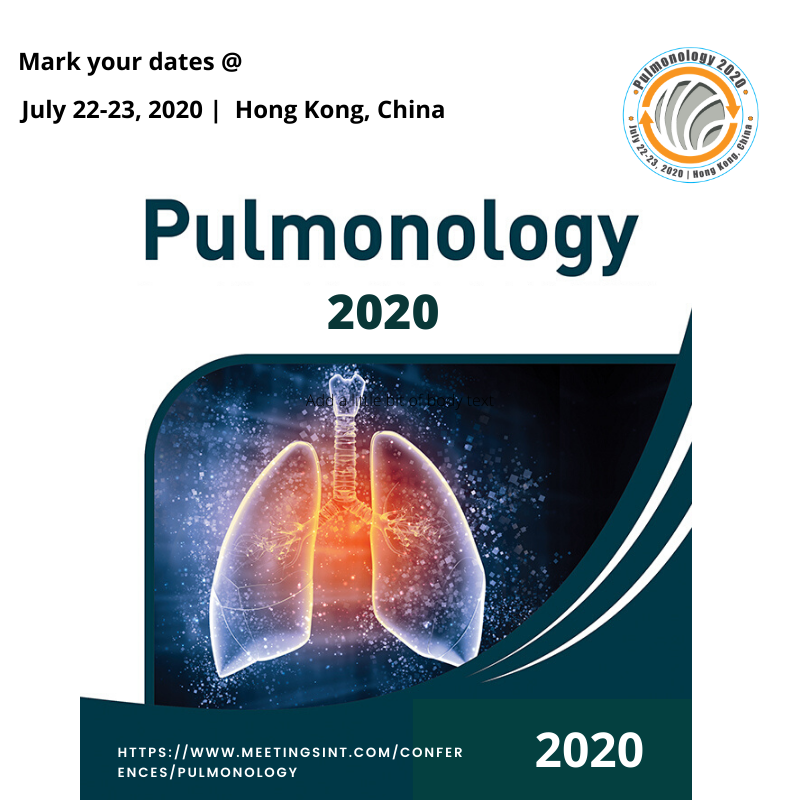Conferences
Conference Details
MOVING MARGINS: ON STUDIES IN LANGUAGE, TRANSLATION, COMMUNICATION AND SOCIAL SCIENCES
Date :
Place : India, Lucknow
Website :http://www.profkumkumray.com/
Contact Person:Ms Saumya Srivastava
Description:
Language is a nexus of interrelationships between the individual, society and culture. The interface between language and literature has been the object of considerable interdisciplinary research on methods of analysis that can be applied across the two fields and their sub-areas. Across borders and cultures there is a dynamic relationship between peripheral or marginal and dominant languages which are affected by complex power structures. There is constant interaction between the two and the process of translation from one to the other, adds another dimension to it.As international interaction increases, it is important that all native and non-native speakers of English are intelligible to each other. An attempt to achieve this will entail exchange and sharing of knowledge, experiences, technology, inventions, etc. and this precisely is the objective of the existence and need of a ‘lingua franca’, which English is believed to have become. There are today, many more non-native speakers of English than the native ones. Any international interaction would require a basic culture-training in terms of the supra-segmental system involving knowledge of stress, rhythm and intonation of the English of the non-native speakers. This kind of culture-training could promote international intelligibility as both native and non-native speakers of English take a step towards each other both culturally and linguistically. The emergence and recognition of “New Englishes” (a concept which originated with Kachru and Smith’s journal in 1985, World Language English) concurred with and was influenced by the “new literatures” that were gaining ground. When people or groups speaking different native languages come in contact with one another and strive to reach an understanding, neither group may be in a position to learn the other’s language or a common third tongue accurately at all. Both have to be content with an imperfect approximation to the language learned: a debased or pidginized or jargonized form, a minimum or makeshift language. Pidgin develops beyond its role as a trade language and becomes the first language of a social community, described as creole, a bridge to communication. With the advent of information technology and its rapid advancement, the world becomes a smaller place to live in and there is a change in the way we think, perceive and communicate. This has made an impact on every aspect of the social sphere be it governance, religion, culture, politics, lifestyle or the society as a whole. The development of a whole new virtual world at workplaces or classrooms or markets is changing not just the way we operate but also the language we use. McLuhan’s dictum “the medium is the message” is relevant in contemporary times where platforms of communication continue to shift from the traditional mediums to the internet and mass media.MOVING MARGINS: ON STUDIES IN LANGUAGE, TRANSLATION, COMMUNICATION AND SOCIAL SCIENCES will be held in Lucknow,India on date 2019-02-22
Deadline for abstracts/proposals : 5th February 2019
Organized By :Prof (Dr) Kum Kum Ray
Keynote Speakers :
Venue :Amity School of Languages , Amity University Uttar Pradesh Lucknow Campus
Check the event website for more details.
Views:
934

